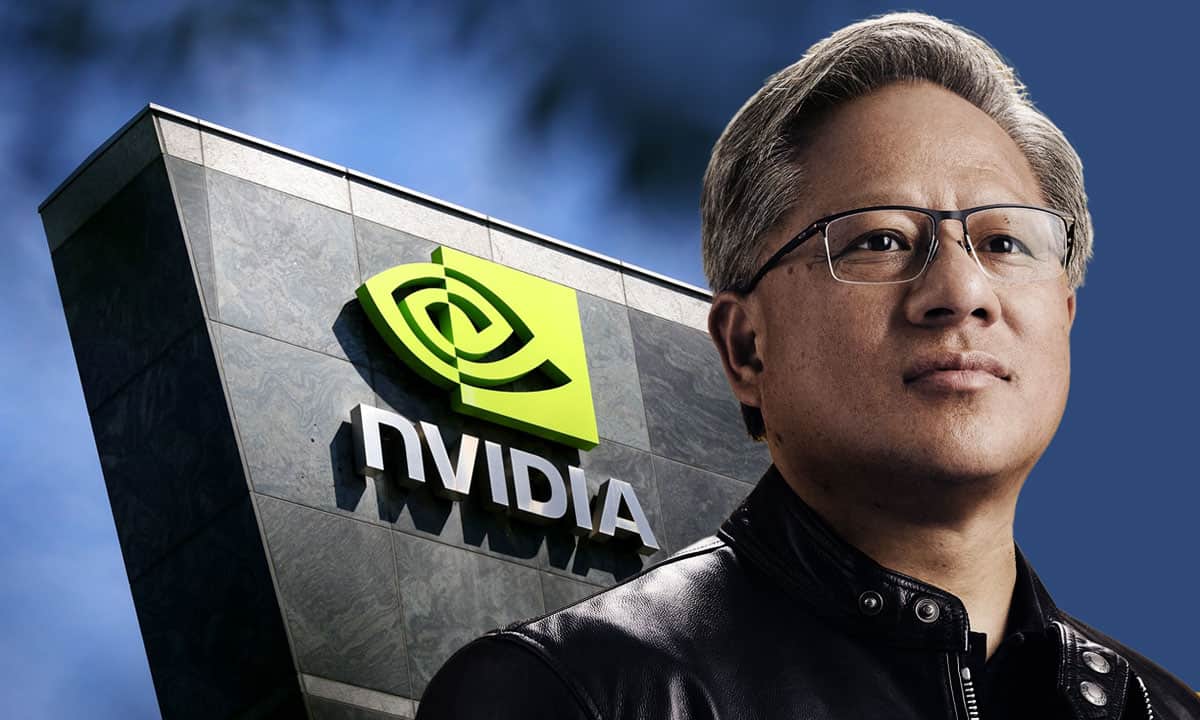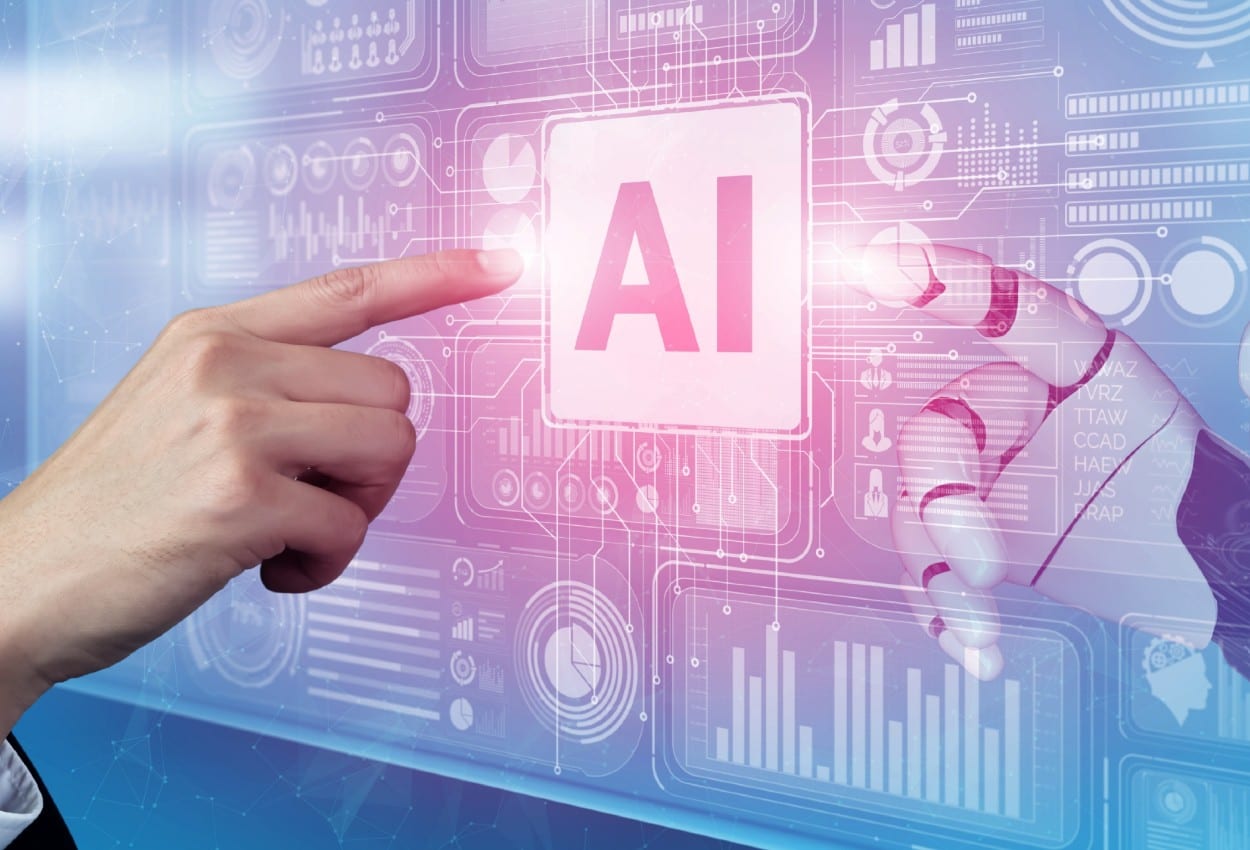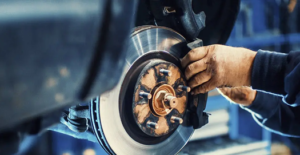
Those who fail to adapt to advances in artificial intelligence (AI) could face dire consequences in the workplace, warns Jensen Huang, co-founder and CEO of Nvidia.
During a graduation ceremony at National Taiwan University in Taipei, Huang stressed that agile companies will be able to take full advantage of AI and improve their market position, while those that do not adapt will “perish.” He emphasized the importance of innovation and encouraged students to pursue their goals with determination, comparing the progress of AI with other historical technological advances such as the computer, the Internet, and mobile devices.
Unlike some tech leaders, Huang showed no concern about the potential risks associated with the development of regenerative AI. In his opinion, this technology will boost the performance of workers in various industries and generate new jobs that did not exist before, although it will also make certain professions obsolete.

While the use of AI is not new, the growing popularity of the ChatGPT chatbot has raised concerns due to its rapid advancement. In March, Elon Musk, co-founder of Apple, along with Steve Wozniak and other technology experts, signed a letter urging AI labs to stop training systems more powerful than GPT-4, the new version of the controversial ChatGPT, which shows human-like performance in various academic and professional fields.
Sam Altman, CEO of OpenAI and creator of ChatGPT, expressed some concern about having developed this tool and expressed concern about the potential use of these models to spread disinformation on a large scale.









